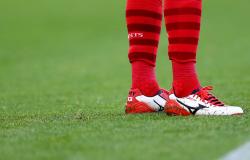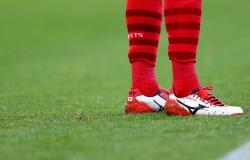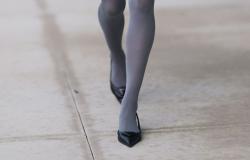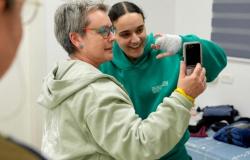Perfect when you have trouble falling asleep or wake up several times during the night.
Sleep disorders can occur at any time of the year. But it’s especially difficult to sleep well when you get sick, which is more often the case during the winter season. Cold viruses, flu viruses, gastroenteritis viruses… prevent you from falling asleep and encourage nighttime awakenings. “Quality rest allows your body to allocate energy to immune function, thereby speeding up the fight against the virus” recalls the English doctor Tim Mercer to the Express.Uk website.
NASA astronauts have developed specific techniques to sleep well in the restrictive environment of Space. This starts by creating an environment conducive to sleep, that is to say without light (they use eye patches) and without noise (using earplugs). Astronauts follow regular sleep schedules to respect the circadian rhythm despite the lack of natural day and night cycles. On Earth, going to bed and getting up at the same time every day allows you to better regulate your sleep.
Their sleeping position is also important and according to Dr. Tim Mercer, it is even the best position to sleep when you are sick. The position recommended by NASA for sleeping well is the so-called “neutral” or “weightless” position, similar to that which the body naturally assumes in microgravity. Concretely, for us it consists of sleeping on our back, raising the head and legs above the level of the heart. The buttocks are thus placed downwards. By slightly elevating the head, the airways open and absorb more oxygen during sleep. The arms are slightly away from the body and the legs slightly bent. This adaptation without pressure on the joints can help reduce lower back and neck pain,
-To reproduce the position of astronauts at home, it is advisable to have a mattress firm enough to support the natural curvature of the spine but soft enough to cushion pressure points; to place a small cushion under the knees to maintain a slight flexion and reduce pressure on the lower back; to use an ergonomic pillow which will raise the head and align the neck with the spine and possibly to place the arms on a pillow next to you, this limits tension in the shoulders.
Canada





